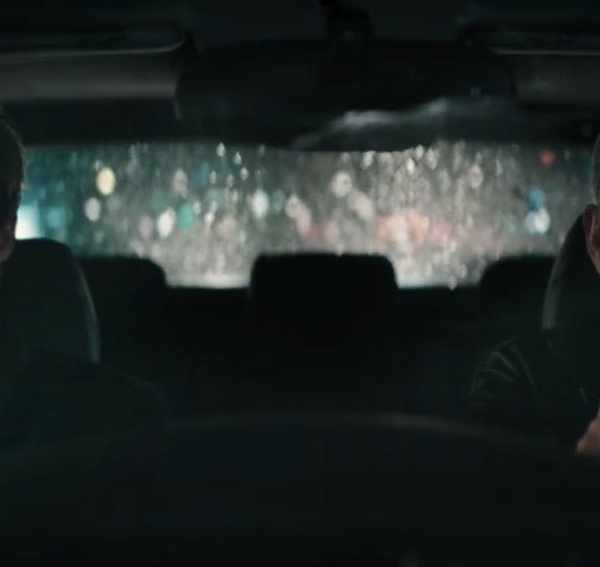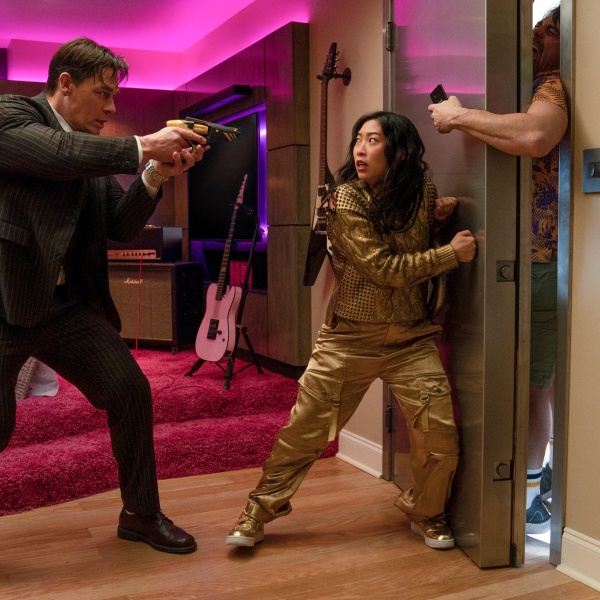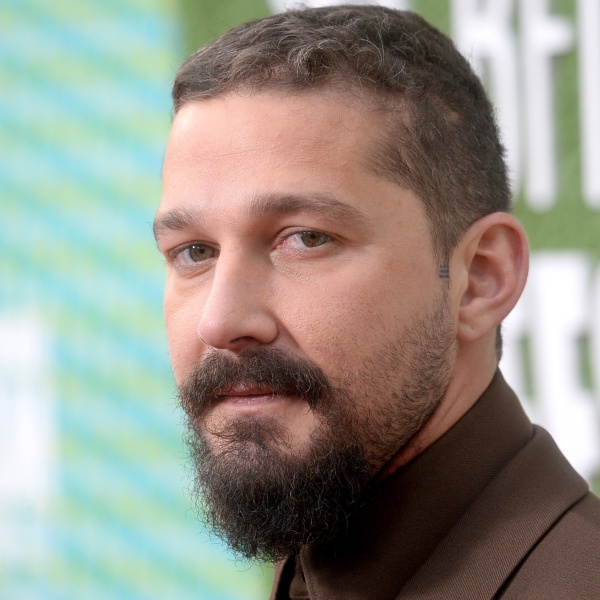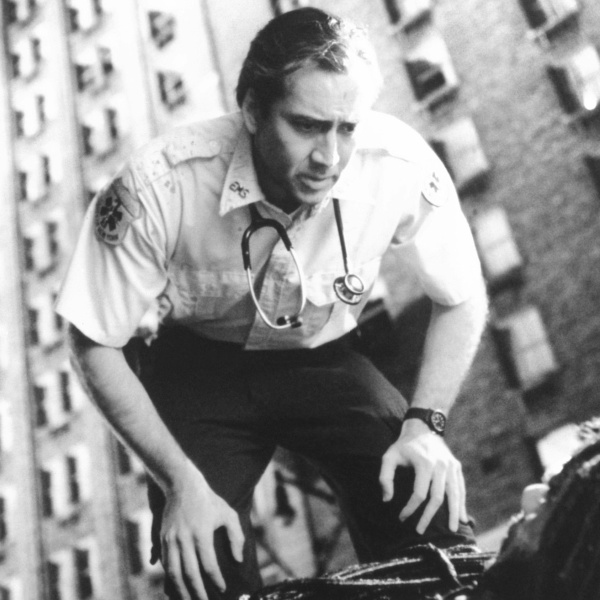
Winning Best Actor at Cannes for Wim Wenders’ “Perfect Days” (Neon) was a surprise for veteran Japanese star Koji Yakusho (“Shall We Dance?”). “I’m a very lucky man,” he told IndieWire on Zoom. And when he and Wenders heard that “Perfect Days,” despite its German director, was submitted by Japan for the Oscar, they cheered over dinner at Telluride “like we had just won the Academy Award,” said Yakusho. “Director Wim thought it would be more of a handicap that he’s not a Japanese director. But for the Japanese people, he knows the culture really well. And he also has spent a lot of time there. We were very proud to have him be selected as Japan’s entry.”
Yakusho knew Wenders’ work when he was asked to play Hiroyama, a public toilet cleaner in Tokyo. “He was always looking for a new challenge in his filmmaking,” the actor said, “which always piqued my curiosity even before I met him. He has such a freedom of expression in his work. And then meeting him and filming ‘Perfect Days’ with him, his character shined through. He’s a fantastic person. He has humor and charisma that brought the crew together. And we all relearned how fun it can be to make films.”
Wenders was first approached by screenwriter Takuma Takasaki to come to Tokyo and check out the city’s 17 specially designed public bathrooms. Wenders opted to use the marvelously inventive toilets as a location for a fiction film that he would write with Takasaki, who came to Berlin, and they knocked out the script in three weeks.
They wound up telling the story of a man (Yakusho ) who, for whatever reason — there’s untold history behind him — chooses to lead a simple life. He has a six-day work routine: brush teeth, trim beard, grab a can of coffee from the vending machine, listen to classic music cassettes in the car like “The House of the Rising Sun” and “Sitting on the Dock of the Bay,” meticulously clean toilets, eat lunch outside, take photos, enjoy the trees, wash up and soak at a bathhouse, visit the same neighborhood restaurant, and read literature when he’s home. On his day off, he cleans up his apartment, drops off his film rolls, picks up and sorts his pictures, and visits another restaurant whose woman proprietor sings for him. He’s a happy man who encounters various people along the way, including his runaway teenage niece, who sees who he is and appreciates him.
“He’s from a different world,” Wenders told me at Telluride. “But he does connect, and he has something contagious about him for the young people who he meets in the film; he does gain their respect. Because he’s so convincing in his beliefs. I just wanted to make this man really rich and interesting and modest, and at the same time, full of something good. He’s a happy camper. He’s a man who enjoys his life. And as that has become such a rare thing today, we felt it was worth it. The big idea was really that this is a man who totally lives in the present day, and who lives every moment and enjoys what he does. He doesn’t need more than what he enjoys. And he doesn’t want more.”

While Hirayama is a fictional construct, “the intention was always to make him feel like someone who exists in the real world,” said Yakusho. “Wim would have been happy if the audience felt like, ‘Oh, I wonder if he actually hired a real toilet cleaner and had him be in this film.’ So that was what I went forward with. When I first heard the idea of this story, it sounded like an extremely new experience. And I had this instinct: this could be a beautiful film.”
Born and raised in Nagasaki, Yakusho didn’t intend to become an actor. In his early 20s, he was knocking around at various technical jobs in Tokyo. “I was actually about to go home back to my hometown because it wasn’t working out when I went to a theater show just by chance with a free ticket,” he said. “I enjoyed it. But I also found that not all theater productions were great. But even with the not-great ones, I saw that the actors who were often young, my age, just getting sweaty and doing their best on stage and I envied them. So I thought, ‘maybe it would be more fun to act myself than to go and watch a theater production.’”

He applied to Japanese star Tatsuya Nakadai’s “unknown actors” program and passed the test. At age 29, the food fest “Tampopo” (1985) brought Yakusho some recognition, but his breakout role was the technically demanding “Shall We Dance?” (1996), which led to such Hollywood movies as “Memoirs of a Geisha.” In fact, Yakusho was shooting that film in L.A. when Alejandro G. Iñárritu asked him to play the father of Rinko Kikuchi in “Babel” (2006).
“Perfect Days” is unaccountably moving. And clearly, Yakusho won Best Actor partly because of one extraordinary long close-up on his face while driving and listening to Nina Simone’s “Feeling Good.” One minute, he seems content, the next sad, the next happy again. “That was the last shot,” said Wenders. “He would have this one moment when it came altogether. Almost a little bit of a regret. ‘Did I choose the right life or didn’t I?’ And then the realization, ‘I did.’”
“It was very long; I was wondering when he was going to yell ‘cut,’” said Yakusho. “I was driving at the time so I couldn’t look to the side or look away, which was challenging. But that scene is about the joy. His life is about to get much better from then on, and to arrive there he had to encounter his family the way that he did in order to open a small space in his heart for a warm wind to start blowing through.”
Why is this movie resonating with so many people across so many cultures? “The first half of the film is extremely repetitive,” said Yakusho. “And you start to expect something to happen which is a smart technique used by Director Wim. And when I saw this film, similar to when I look out and see these buildings in New York now, I saw that Hirayama lives at a more relaxed pace. As if he’s living in a forest even though he’s in a huge city. He has no fortune, but he does what he likes. He eats what he likes, and he takes a bath and reads a book that he loves, and he goes to sleep, and that’s his absolute joy. Many city dwellers don’t know that joy. It was a glimpse into that way of living. So maybe it resonates with people because, especially in cities, it encourages you to take a breath and think about life for a moment.”






